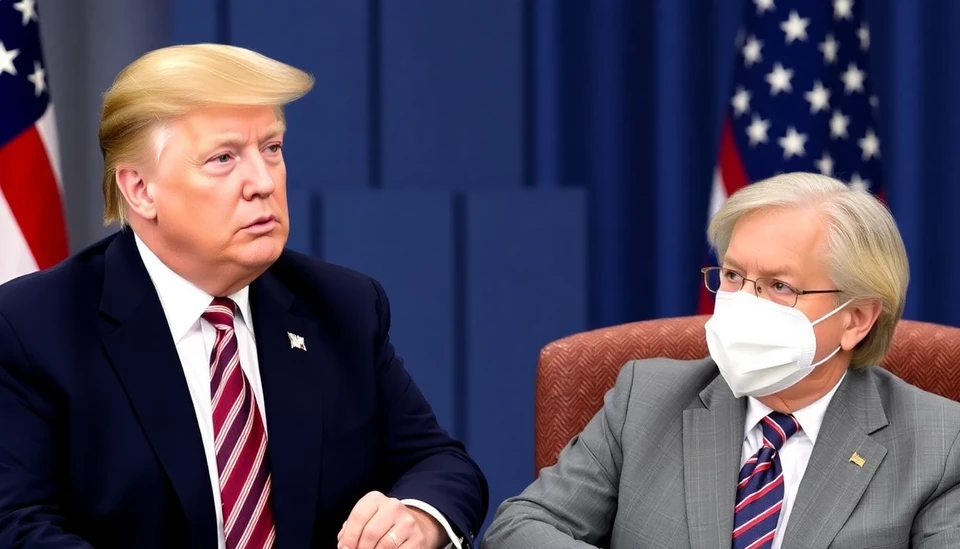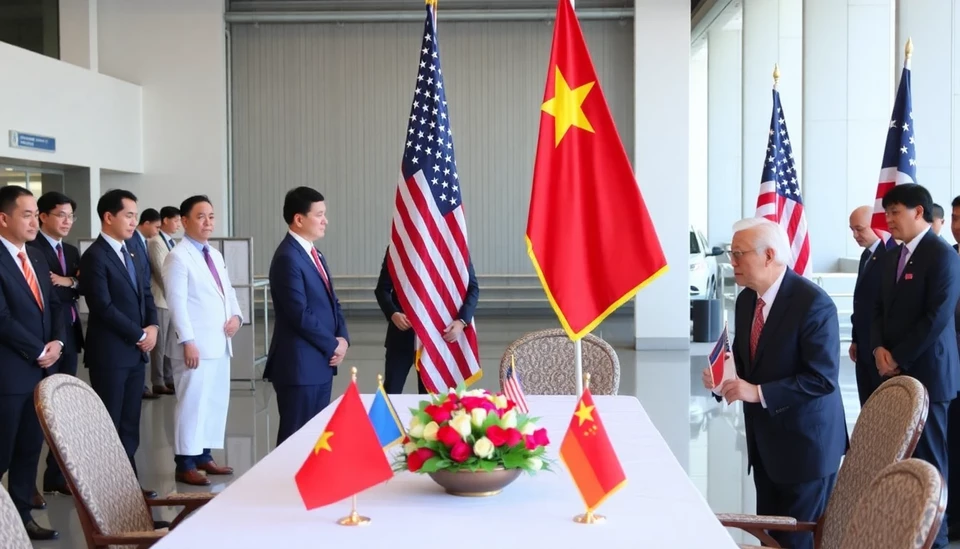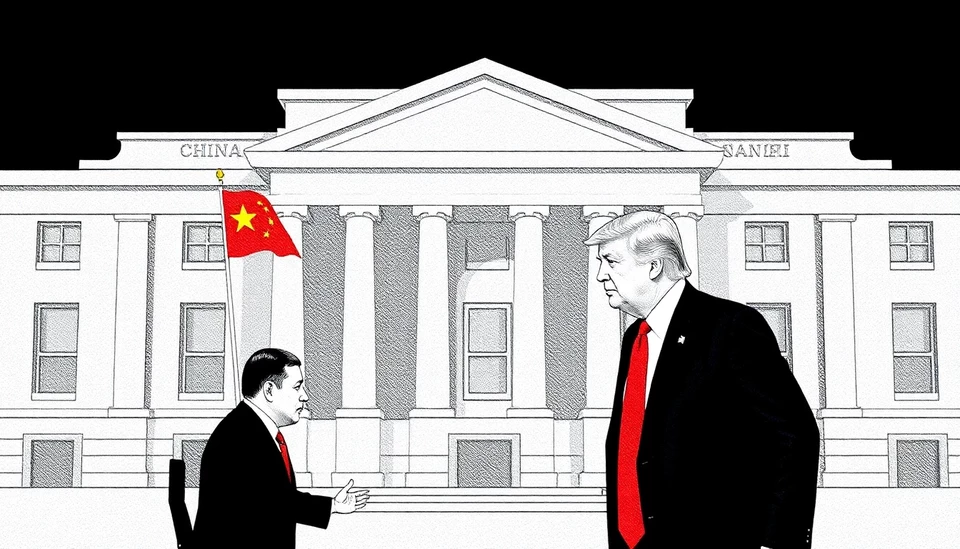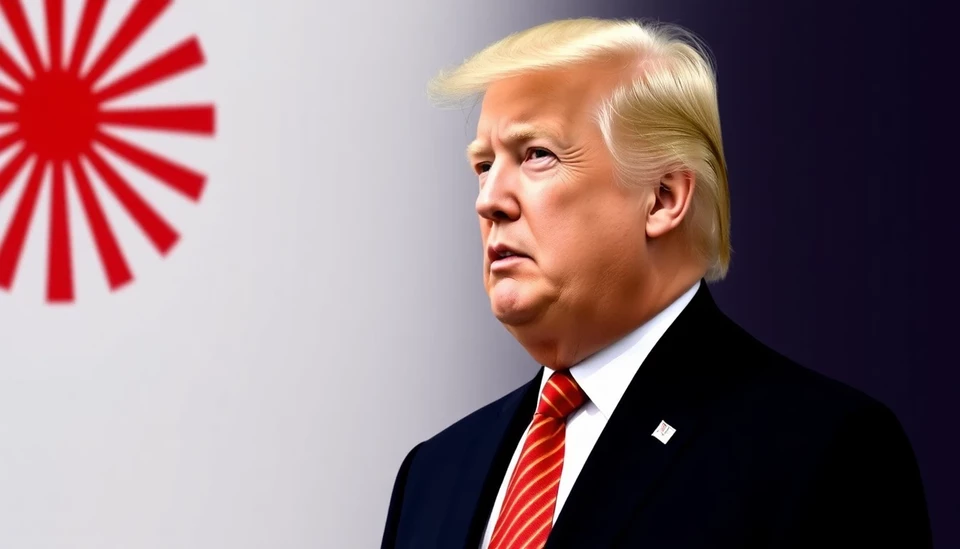
In a significant move that could reshape current trade dynamics, former President Donald Trump has reportedly initiated fresh discussions aimed at obtaining relief from tariffs that have been impacting various sectors of the U.S. economy. These negotiations come at a time when supply chain disruptions and inflation concerns are placing considerable strain on businesses and consumers alike.
Sources indicate that Trump’s strategy involves renegotiating previously established tariffs, particularly those affecting imports from China. These tariffs were originally put in place during his administration as part of a broader strategy to bolster American manufacturing and reduce dependency on foreign goods. However, the lingering effects of these tariffs have raised questions amongst economists and industry leaders about their impact on the supply chain and overall economic stability.
Trump’s discussions are prompted by the increasing pressure from businesses that have been grappling with heightened material costs and logistical challenges. The pandemic has exacerbated many of these issues, leading to skyrocketing prices for essential goods and services. As companies continue to navigate this turbulent landscape, relief from tariffs could be a critical factor in mitigating further financial strain.
In addition to tariff relief, the talks are also reportedly addressing broader trade relations with China. Trump seeks to reposition the U.S. in the global supply chain, highlighting the importance of reducing reliance on foreign manufacturers for key products. This pivot is not only aimed at enhancing local production but also at fostering economic resilience against future disruptions.
Moreover, industry analysts are watching these developments closely, recognizing the potential implications for the U.S. market if tariff relief is granted. Companies across various sectors, including technology, agriculture, and automotive, could stand to benefit significantly from a reduction in costs related to imported goods, potentially leading to lower prices for consumers and an overall boost in economic activity.
While Trump’s efforts have garnered support from some business leaders, critics contend that simply removing tariffs may not address the underlying issues of supply chain bottlenecks and inflation. The Biden administration has pointed to alternative solutions aimed at addressing these challenges, including investing in domestic production capabilities and pursuing diverse trade partnerships.
As negotiations proceed, the outcome remains uncertain. However, the ramifications of these discussions could be felt throughout the economy, influencing market trends and consumer behavior in the months to come.
#TradeTalks #TariffRelief #SupplyChain #Trump #Economy #Inflation #BusinessNews #GlobalTrade
Author: Rachel Greene




